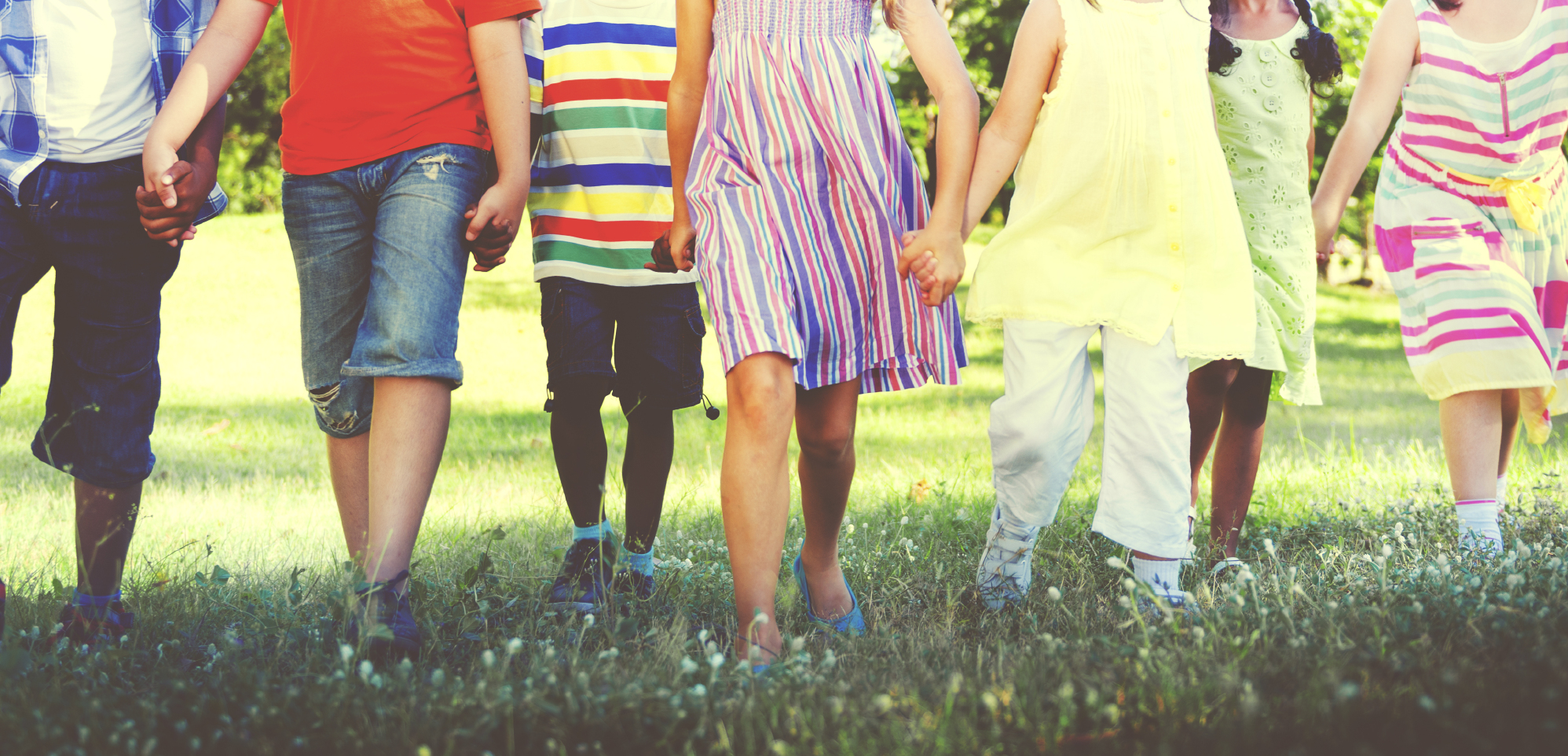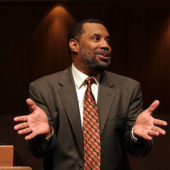April is Autism Awareness Month, but for those caring for a child with autism, ADHD, bi-polar and other diagnoses, the awareness is a daily reality.
Educator, support group leader and advocate Mary Wangerin shares her personal experience and offers encouragement to families of children with neuro-biological diagnoses.
Mary alludes to the idea that many parents feel a sense of relief after their child receives a diagnosis, possibly to combat social stigmas. She elaborates,
“One of the hardest things when your child receives a diagnosis like this, a parent is really – I shouldn’t say happy, but there is something that is saying, ‘Oh my gosh, my child isn’t being naughty because I’m a bad parent.’”
“Sometimes people like to label what kids are doing as bad parenting, or the kids are doing it on purpose; they’re disrespectful, they’re spoiled…absolutely not. These kids don’t like to act this way themselves.”
Mary encourages parents to gain understanding by observing your child’s characteristics. In retrospect, she explains that this is something she would have focused on more with her child.
“I look back now on the things that we used to do when George was little and think, ‘Oh my gosh, if I would have only realized.’”
Understanding is an important part of navigating diagnoses in the family. Mary shares an example of sharing compassion with another parent,
“We didn’t take our son to the nursery because he didn’t work well in the nursery and then when he would get loud, we would stress out about it.
“Now, when I’m at church and you see kids and they are getting loud at church, or somebody starts to cry and you see that parents face; they’re stressed, they don’t want to bother the people around them…I always try to smile or give them a wink and let them know that you know what, ‘It’s okay’ because I was like that as a parent.”
Where do parents find help and hope?
In addition to finding a support group and doing research online, Mary says that simply focusing on your child can provide very helpful answers.
“Sometimes as parents with kids, both neurotypical as well those kids with diagnosis, we don’t always step back and just watch them.”
During the process of observing your child you might have questions, including, ‘How can you tell if what the child is doing is a product of their diagnosis, or if they’re being a kid?’
Mary advises parents to embrace your child for who they are and appreciate their uniqueness, regardless of the diagnosis.
“Step back, watch your child and you may find out that they’re doing the same stuff that the neurotypical kids are doing. Take a time, hug your child and appreciate for who they are. If they sing, encourage it, if they play music or sports, etc.”
Raising a child with a neuro-biological diagnosis isn’t easy. Mary adds that the best thing to do if you’re struggling is instead of focusing on the diagnosis, focus on the heart of your child.
“No matter what your child’s diagnosis is, step back, enjoy them and love them for who they are. Because they’re going to grow up and everything’s going to come out you’re going to say, ‘Wow, why didn’t I?’ Stop and smell the roses and your kid’s hair.”



















